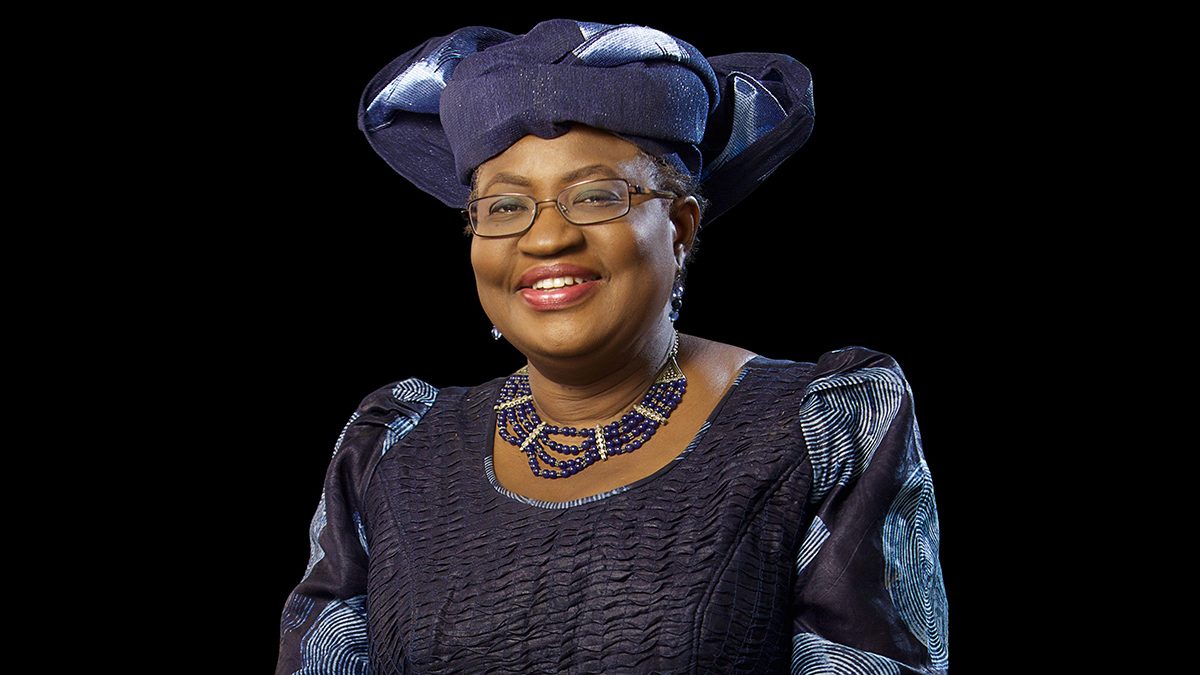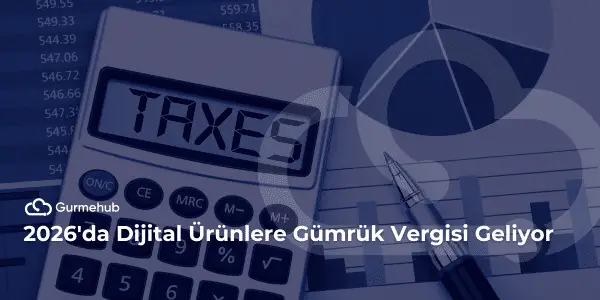Customs duties on digital products such as online movies and software downloads in 2026, World Trade Organization (WTO) will be imposed on consumers and businesses by President Ngozi Okonjo-Iweala and will increase prices in some countries, she predicted. This change, which will have a serious impact on global trade dynamics, has caused controversy among developing and developed countries.
Ngozi Okonjo-Iweala noted that some governments will refuse to extend the 30-year exemption when it expires in two years. The next extension requires unanimity among members. The WTO's director general told the Financial Times, "I don't think the membership is ready to keep discussing this every few years. That's why they agreed to this date. It tells the business community what they need to do...Two years is a very reasonable time frame." He stated.
Debates on Customs Duty

The decision to extend the electronic commerce moratorium for another 2 years came as some countries oppose extending it again. In particular, some emerging economies, such as Indonesia, India and South Africa, hope that online tariffs will significantly increase tax revenues, but other developed countries argue that taxes will increase costs, which will be passed on to consumers, hurting their competitiveness.
Although business groups lobbied for an extension of the e-commerce moratorium at the WTO's biennial ministerial conference (MC13) this month, they hope WTO members will continue it at the next meeting in 2026.
"Tariffs on electronic messages raise all costs for digitally-enabled trade and reduce the competitiveness of businesses, especially small and medium-sized enterprises, that adopt digital tools," said the Global Services Coalition, an industry business group.
But Indonesia only agreed to the two-year extension after a late-night phone call between Okonjo-Iweala and Finance Minister Sri Mulyani Indrawati as the conference was closing on March 2, according to officials in the room. They are two former World Bank colleagues.
India, which had repeatedly demanded an end to the moratorium, only agreed to an extension in the final hours.
Other developing countries, such as South Africa and Pakistan, also believe they are losing tax revenues as most digital goods are imported from richer countries. Indonesia is already considering a system of imposing tariffs on digital goods.
Okonjo-Iweala emphasized that most governments will continue to generally exempt e-commerce tariffs after 2026. The US, China, EU member states and most of Latin America are among more than 80 countries negotiating a voluntary moratorium. "Those who want not to impose tariffs on electronic messages can do so. Nothing prevents them."
Okonjo-Iweala urged member governments to move forward through their WTO mission in Geneva to work out which e-commerce products should be subject to tariffs. "Decisions must be based on facts," she said. Studies by the OECD and other groups suggest that developing countries would suffer more than developed countries if tariffs were introduced, because they would lose access to productivity-enhancing online tools.
Okonjo-Iweala suggested that annual ministerial meetings would help avoid the dramatic negotiations seen in Abu Dhabi on MC13. "Long intervals lead to more drama," she said.
Ministers also need to find time to discuss "issues affecting trade". These issues include not only digital trade, but also climate change and the rise of states using economic security concerns to restrict trade.
However, he rejected criticism of the MC13, which did not make groundbreaking progress on issues such as banning subsidies for overfishing and reducing agricultural subsidies. He noted that members had agreed to phase in tariff increases for poorer countries emerging from least developed country status.
Okonjo-Iweala said she was "optimistic" that the process to reform the WTO's dispute settlement function would meet its year-end deadline. In 2019, the US blocked the appointment of arbitrators to appellate panels, allowing member states to avoid binding penalties.
Following elections in India and the US at the end of this year, he was optimistic that there would be "much more flexibility and a more constructive approach in general" on the appellate body and other issues.
Conclusion
The imposition of tariffs on digital goods in 2026 could have significant implications for the future of global trade. The statements of World Trade Organization (WTO) President Ngozi Okonjo-Iweala have led to debates and conflicts of interest among various countries on this issue. While developing countries support this decision to increase tax revenues, developed countries express concern that taxes will increase costs and harm their competitiveness.



